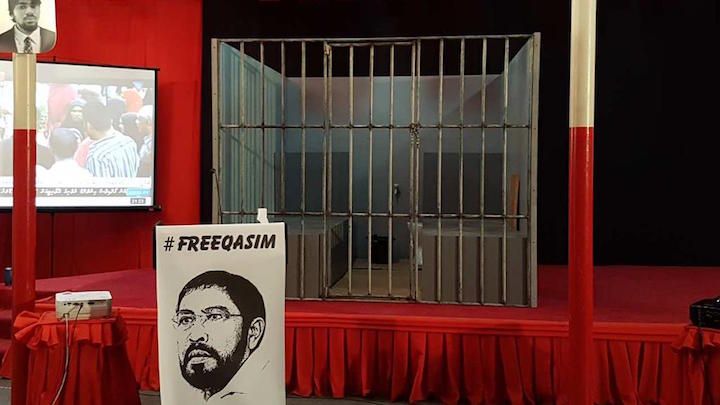Lawyers spar over Gasim’s bribery charge
Gasim was charged for declaring that the allied opposition parties would grant tickets for the 2019 parliamentary elections to MPs who vote to impeach Speaker Maseeh and offering to help with their re-election campaigns.

09 May 2017, 09:00
Defence lawyers representing Jumhooree Party leader Gasim Ibrahim sparred with the state prosecutor on Monday over the validity of the bribery charge raised against the opposition lawmaker.
Gasim was charged for declaring that the allied parties would grant tickets for the 2019 parliamentary elections to MPs who vote to impeach Speaker Abdulla Maseeh Mohamed. He also offered to help with their re-election campaigns during a speech at an opposition rally.
At Monday’s hearing, the state prosecutor contended that the remarks constituted attempted bribery as the offer of financial assistance was directed at lawmakers in connection with the March 27 no-confidence vote.
Defence lawyers told the court at the previous hearing that Gasim was exercising his constitutional right to free expression by seeking support for the JP and promoting his party’s ideology. The state was also unclear about the intended recipient of the alleged bribe, they said.
Become a member
Get full access to our archive and personalise your experience.
Already a member?
Discussion
No comments yet. Be the first to share your thoughts!
No comments yet. Be the first to join the conversation!
Join the Conversation
Sign in to share your thoughts under an alias and take part in the discussion. Independent journalism thrives on open, respectful debate — your voice matters.




